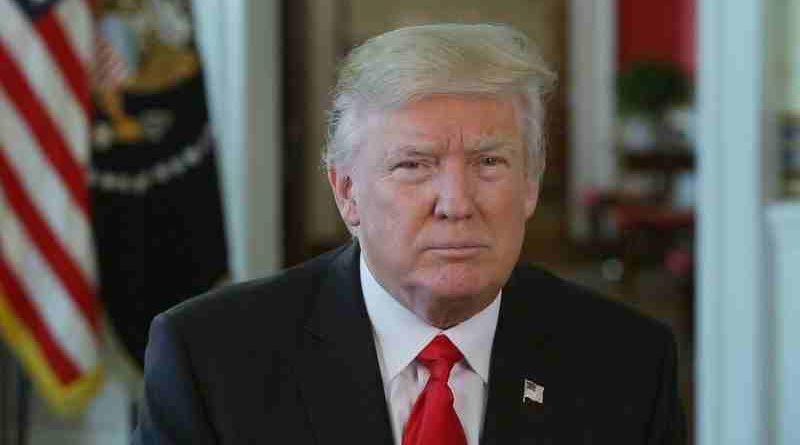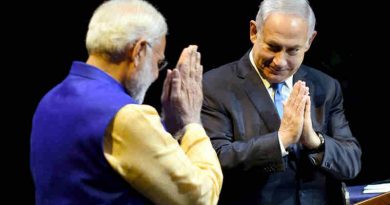Appeals Court Temporarily Reinstates Trump Tariffs After Trade Court Deems Them Unlawful

Appeals Court Temporarily Reinstates Trump Tariffs After Trade Court Deems Them Unlawful
The trade court’s verdict was seen as a considerable obstacle for Trump’s efforts to reshape America’s trade relations globally.
By RMN News Service
US President Donald Trump has received temporary approval to continue collecting tariffs under emergency powers. This development occurred just a day after a separate federal trade court ruled that he had exceeded his authority by imposing sweeping levies on foreign imports.
The US Court of Appeals for the Federal Circuit has paused the trade court’s decision, allowing the April 2 tariffs to remain in place while the White House appeals. The appeals court granted a request for an “immediate administrative stay” of the judgments and permanent injunctions entered by the Court of International Trade in these cases, stating the stay is “temporarily stayed until further notice” while the court considers further motions.
Earlier, the US Court of International Trade had ruled that Trump unlawfully invoked emergency powers under the 1977 International Emergency Economic Powers Act (IEEPA). The court determined that the IEEPA does not grant the President extensive or unlimited authority to impose tariffs on goods from nearly every country in the world. According to the three-judge panel’s decision, granting such “unbounded authority” would violate constitutional principles. They clarified that IEEPA permits presidential action only for essential economic sanctions during emergencies addressing “exceptional and extraordinary threats,” not to impose unlimited tariffs.
[ Trump’s Tariff Pause: A Temporary Relief or a Global Trade Warning? ]
This trade court decision blocked the implementation of most of Donald Trump’s tariff measures, ruling that he overstepped his authority under IEEPA. The decision consolidated multiple lawsuits and invalidates tariffs imposed on countries including Canada, Mexico, and China that were based on emergency powers. The trade court highlighted that the tariffs failed to address their intended objectives and that persistent US trade deficits over 49 years hardly constituted an immediate emergency warranting such action under emergency powers.
Following the trade court’s ruling, the White House criticized the decision, contending that unelected judges should not interfere with the matter and immediately filed an appeal. A senior White House adviser close to Trump reportedly described the ruling on social media as a “judicial coup” that was “out of control”.
The trade court’s verdict was seen as a considerable obstacle for Trump’s efforts to reshape America’s trade relations globally. His turbulent trade policies have rattled global markets, triggered supply chain chaos, sparked concerns about inflation and sluggish growth, and caused significant instability in global financial markets.
Trump’s tariff policies are challenged in at least seven lawsuits. The US Court of International Trade’s ruling stemmed from two combined cases: one from a group of five small businesses and another from 12 US states. Businesses and state government alliances had filed independent cases contending that the President had encroached upon Congress’s “power of the purse”.
While the appeals court has temporarily allowed some tariffs to continue, the trade court ruling noted that other Trump-era tariffs remain valid, specifically those on foreign steel, aluminum, and automobiles. These particular levies were established through a different legal framework, requiring a Commerce Department investigation rather than presidential discretion under IEEPA.
In related news, Trump has also stated plans to double steel import tariffs to 50% in June. Speaking at a rally in Pennsylvania, he said, “We are going to be imposing a 25 per cent increase. We’re going to bring it from 25 per cent to 50 per cent — the tariffs on steel into the United States of America, which will even further secure the steel industry in the United States”.
💛 Support Independent Journalism
If you find RMN News useful, please consider supporting us.




